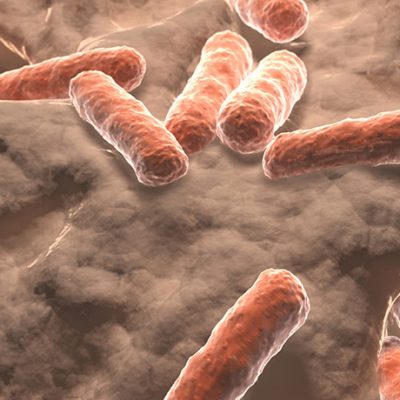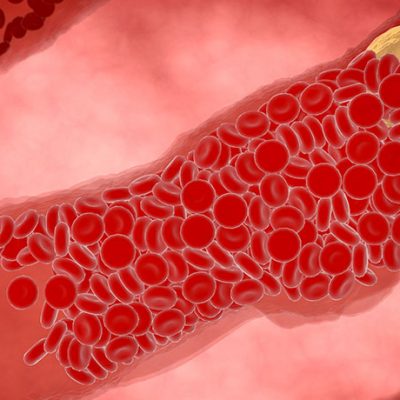
Energy dense foods can increase cancer risk
There is a proven link between obesity and cancer risk, however few studies have examined the link between energy density of food and cancer risk. In a study published in the Journal of the Academy of Nutrition and Dietetics, researchers analysed dietary energy density (DED) in the diets of post-menopausal women. DED itself is a measure of the calories per gram of weight that a food has and it is also a measure of food quality. Therefore, foods such as fruits and vegetables are low-DED foods, where processed foods such as hamburgers are high-DED as you require more to get nutrients out of them.
In total, data on 90,000 women was obtained and it was found that high DED foods were linked with a 10% increase in obesity-related cancer. This increased risk was limited to women who were of a normal weight at the start of the study. The findings show that weight management itself may not be adequate in preventing obesity related cancers, if women continue to consume a diet pattern of high DED. The exact mechanism of the link of DED and cancers is unknown, but the researchers hypothesise that it is due to metabolic dysregulation, however more research is required to be sure.




